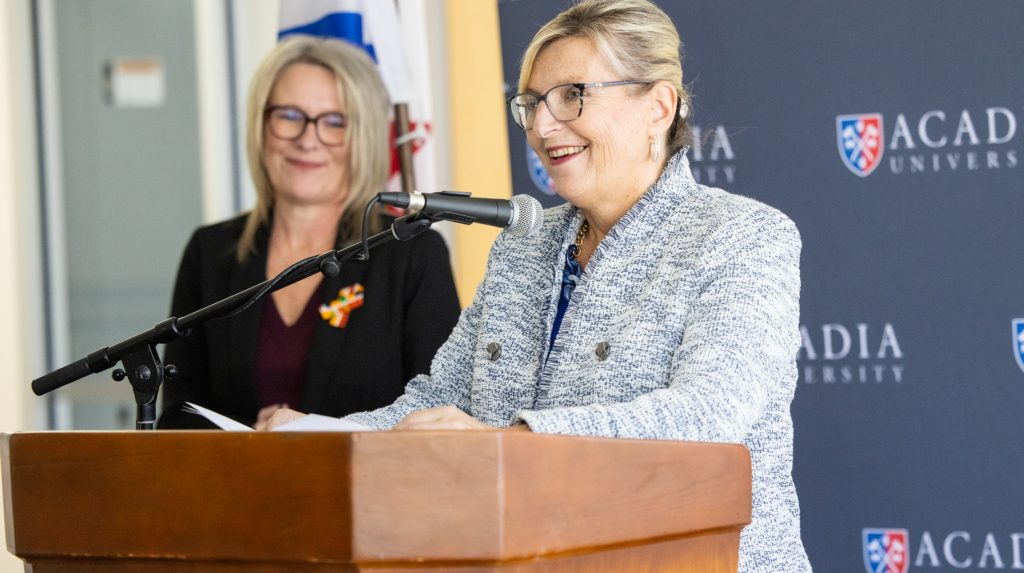Canada to join global treaty to get more reading materials to the blind
Posted Apr 27, 2015 05:00:03 AM.
This article is more than 5 years old.
Visually impaired Canadians long frustrated with a lack of accessible literature in the country will soon have access to hundreds of thousands of titles from collections around the world.
The federal government is on the verge of amending copyright laws to allow Canada to fully implement the Marrakesh Treaty, a global agreement that will see dozens of countries pool resources to lower accessibility barriers for people who struggle to read printed material.
Under the terms of the deal, participating countries will create copyright exemptions that allow them to share audio books, electronic texts and other accessible forms of print material with other treaty signatories.
The resulting library, which already features 285,000 titles in 55 languages, will be accessible to people with visual or physical impairments that prevent them from reading text either on paper or on a screen.
Advocates are hailing the treaty as a crucial first step towards closing a yawning gap between those who require accessible texts and those who don’t.
Diane Bergeron, an Executive Director with the Canadian National Institute for the Blind, said only seven per cent of the world’s accumulated literature is currently available in alternate formats.
The Marrakesh Treaty, she said, can help level the playing field by simplifying rules and cutting red tape.
The current laws require countries to seek permission from individual copyright holders if they want to share books across borders.
Using the example of five different countries hoping to share the “Harry Potter” series, Bergeron said that each country would have to produce its own copies of every series entry, thereby duplicating efforts underway in other parts of the world.
“You’d have five copies of that book being created in alternate format at approximately $1,500 a shot,” Bergeron said in a telephone interview. “With the treaty, we can now not have to gain copyright holder permission. Canada can do book one, the United States can do book two and so on and so forth.”
Canada will start implementing the treaty later this week when Industry Minister James Moore tables a bill introducing it in the House of Commons.
He said the measure is necessary to help the more than a million Canadians who have a print disability, many of whom are barred from professional or educational opportunities thanks to lack of reading material.
“Collectively as government and the private sector, it’s our responsibility to ensure that copyright laws do not create additional barriers to Canadians who have a print disability,” Moore said Monday at a news conference. “Canadians should not be denied opportunities to read and educate themselves simply because they are print disabled.”
Some blind Canadians who have pursued higher education feel that their opportunities to do so have largely been self-created.
While completing her master’s degree in English literature, Sara Hillis devoted hours to scanning and converting texts into an accessible format.
Tackling that work on her own was her only option if she hoped to keep pace with the rest of her peers, she said, adding a global resource of textbooks has potential to be a game-changer for many.
Hillis’s fiance, Michael Feir, said the impacts may be most noticeable for blind people living further afield.
“Especially for people in the developing world, this is going to be huge,” Feir said. “I’ve spoken to people on Skype who are trying to learn English and trying to find interesting books to read without paying fortunes for them. This is just going to be like night and day for them.”
Canada’s contributions to the global text collection has potential to double it in one fell swoop.
Bergeron said the CNIB library catalogue, which currently offers clients access to nearly 300,000 titles, will be available to all ratified countries once Canada is officially on board.
She stressed, however, that treaty participants need to continue adding to their collections if they truly hope to improve accessibility worldwide.
“We need to continue to create alternate formats going forward so that we can change that seven per cent and turn it into 80, 90, 100 per cent some day.”
Follow @mich_mcq on Twitter










